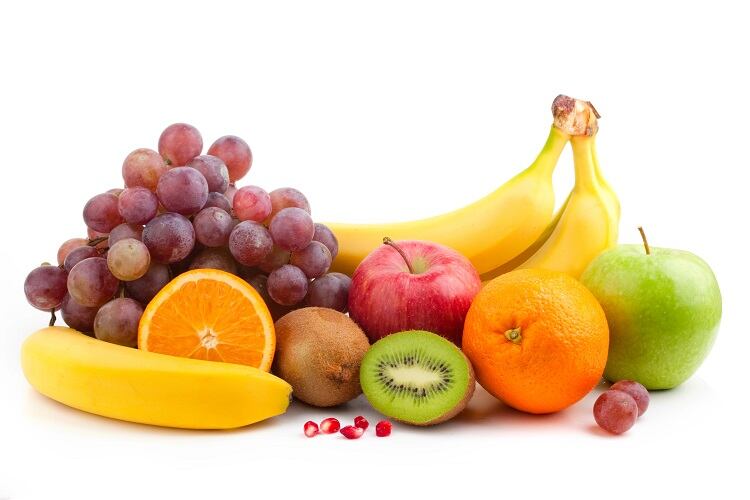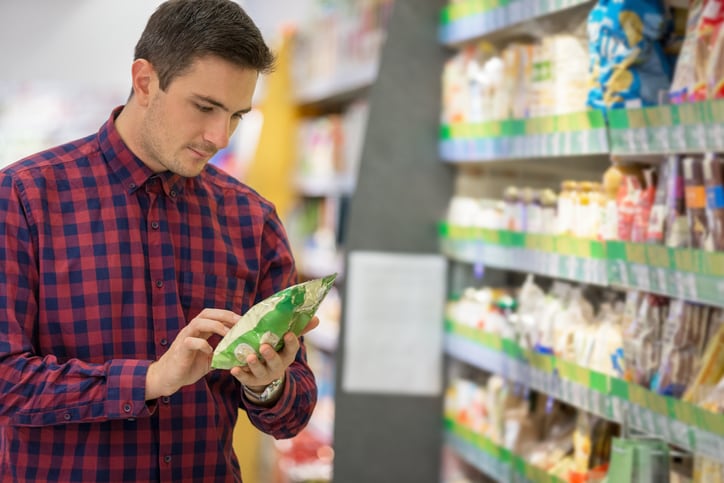In the fruit and veg sector, quality is the ‘predominant driver’ of pricing decisions, according to entrepreneur Elad Mardix.
As a result, there are more than 10 different points along the supply chain, from field to fork, where produce quality is evaluated on a sample basis.
However, not only is quality ‘highly elusive to define’, but current quality control (QC) methods are largely undertaken manually. This means, Mardix told delegates at the recent FoodTech IL event in Israel, that the process is ‘subjective, inconsistent, and slow’.
As co-founder and CEO of Israeli start-up Clarifruit, Mardix is on a mission to disrupt conventional CQ methods in the fruit and veg supply chain with a digitised alternative.
“Clarifruit…is transforming the way quality decisions are made in this industry.”
Smartphone app for inspectors
To do this, Clarifruit has built software with three key functions: it digitises the quality control process, automates data collection, and allows customers to ‘drive quality decisions’ based on real time information, reports, and insights.
The product represents the ‘world’s first’ cloud-based solution that automatically collects businesses’ fresh produce QC data and analyses it, delivers ‘objective and consistent’ QC inspections, with ‘real-time visibility’, noted the firm.
The software is made of two components: a smartphone app for QC inspectors that uses Clarifruit’s proprietary ‘computer vision’ technology, and a management & analytics dashboard for operations directors.
Using the front-end smartphone app, inspectors take photos of the fresh produce and machine learning technology analyses its external attributes, including colour, stem colour, and size.
The app can also be integrated with third-party hardware to access internal attributes, such as degrees brix from a refractometer, pH, and firmness from a durometer.
Clarifruit’s quality standard algorithm leverages its Big Data library, which contains more than 100,000 photos and produce attributes with similar characteristics.
The start-up currently supports the inspection of 11 produce categories: tomatoes, grapes, peaches, cherries, bananas, pineapples, blueberries, easy peelers, apples, oranges, lemons, mangoes, plums, and melons.
Big Data and analytics platform for operations
For the business operations side of things, Clarifruit has developed a management dashboard, giving QC managers ‘quick access to actionable data’.
The dashboard is designed to offer a real-time overview of every inspection, including the date and time, GPS location, and user identification. Reports are automatically generated for each completed inspection.
In the Big Data and analytics platform, businesses can set specific inspection processes or create multiple quality standards, each with its own external and internal attributes.
“Our Big Data library, which currently contains millions of photos and fresh produce attributes…grows with every inspection you perform, improving the accuracy of…automatic inspections,” noted the start-up.
Targeting the entire supply chain
Clarifuit is targeting a $2trn supply chain made up of four key players: the growers, marketing companies or brands, wholesalers, and retailers.
Overall, the business believes its software can increase inspector productivity three-fold and reduce the amount of rejected fruit and vegetables by ensuing quality corresponds with consumer specifications.
The intended result is ‘favourable revenue opportunities’ for all stakeholders and a reduction in global food waste.
This year, in its first year on the market, the start-up is boasting close to $1m in revenue thanks to partnerships with ‘some of the world’s largest retailers, marketing and growers’, the CEO told delegates.
“Our vision is to become the golden standard for fresh produce quality control [and] we intend to make it a reality by working with all stakeholders across the entire supply chain.”




